by ACE Physical Therapy | May 28, 2024 | Conditioning |
Understanding the Pharmacological Impact of Morphine Injections Understanding the pharmacological impact of morphine injections requires a nuanced exploration of its interaction with the central nervous system. Primarily used as a potent analgesic, morphine works by...
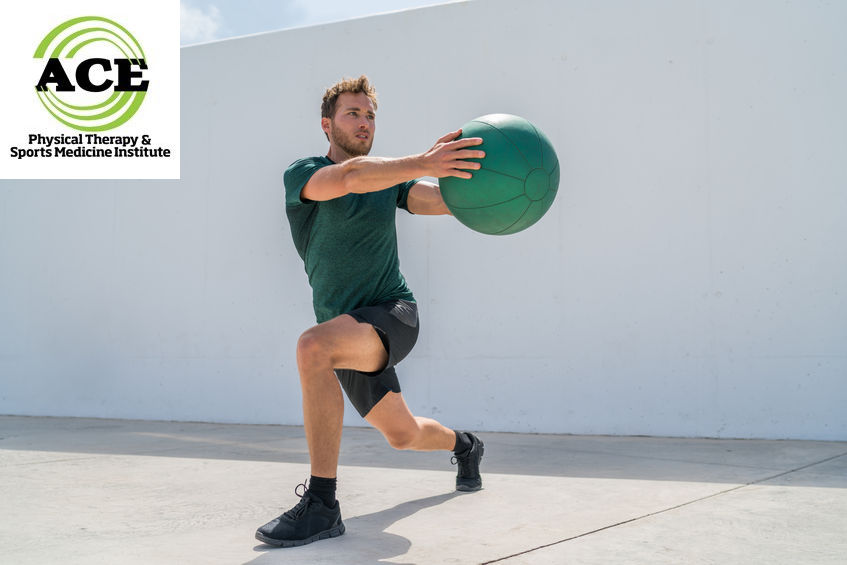
by ACE Physical Therapy | Sep 24, 2020 | Conditioning |
Tid Bits of Info Strength training consistently can reduce the occurrence of injuries by 1/3 and over-use injuries by 50%. Injuries that require a hospital stay or surgery can be costly, estimates of $8-10,000 dollars on average. It is estimated that 85-90%...
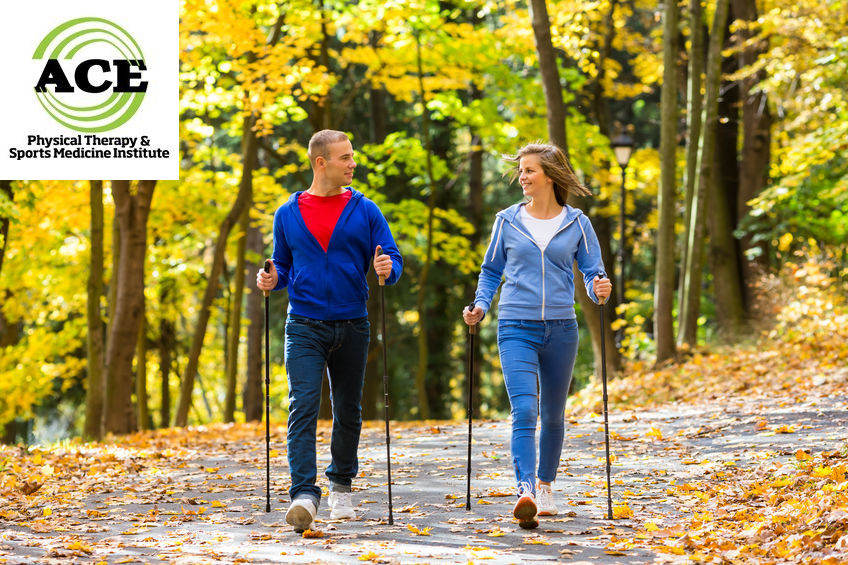
by ACE Physical Therapy | Sep 17, 2020 | Conditioning |
Tid Bits of Info Nordic Pole Walking reportedly uses 80% of all of the musculature in the body. Nordic Pole Walking is a whole-body exercise routine. Nordic Pole Walking can “offload” the lower extremity joints. Nordic Pole Walking can “burn” 20-40% more...
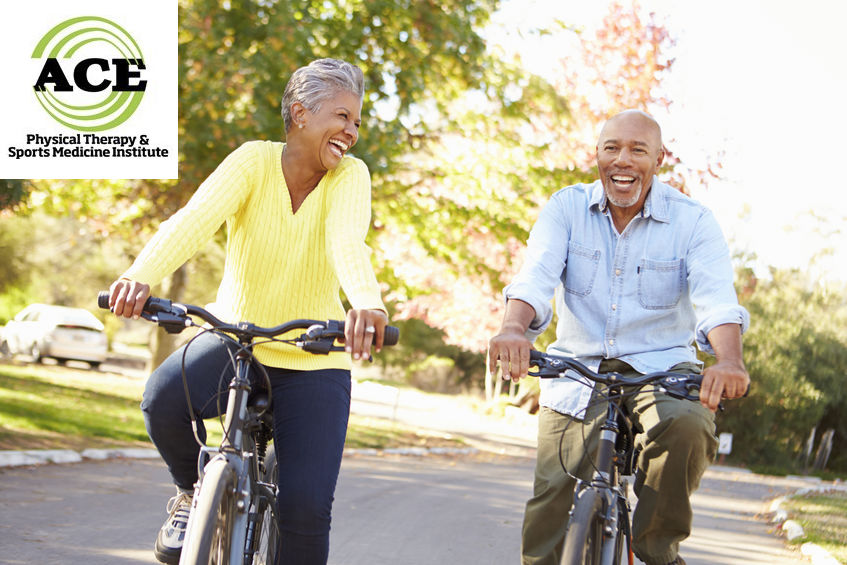
by ACE Physical Therapy | Jul 16, 2020 | Conditioning |
Tid Bits of Info Over 250 million people suffer from osteoarthritis throughout the world. Approximately 27 million people in the US suffer from OA and mainly in their hips and knees. The worst-case scenario of OA requires joint replacement surgery. Recovery...
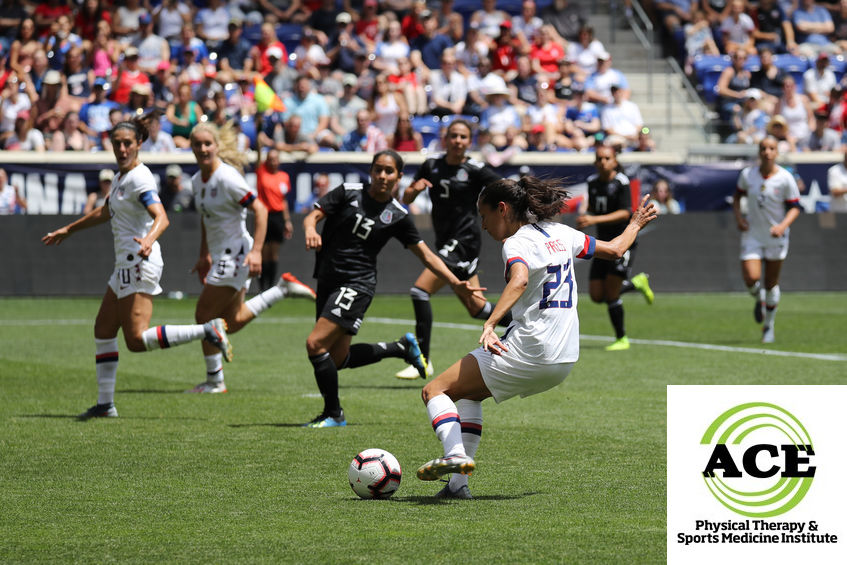
by ACE Physical Therapy | Jun 25, 2020 | Conditioning |
Tid Bits of Info ACL injury prevention programs have been shown to reduce the incidence of ACL tears by as much as 50%. 70 – 80% of ACL injuries are “non-contact” injuries. 1- 20 collegiate female athletes suffer an ACL injury. Severe hamstring exercises can...
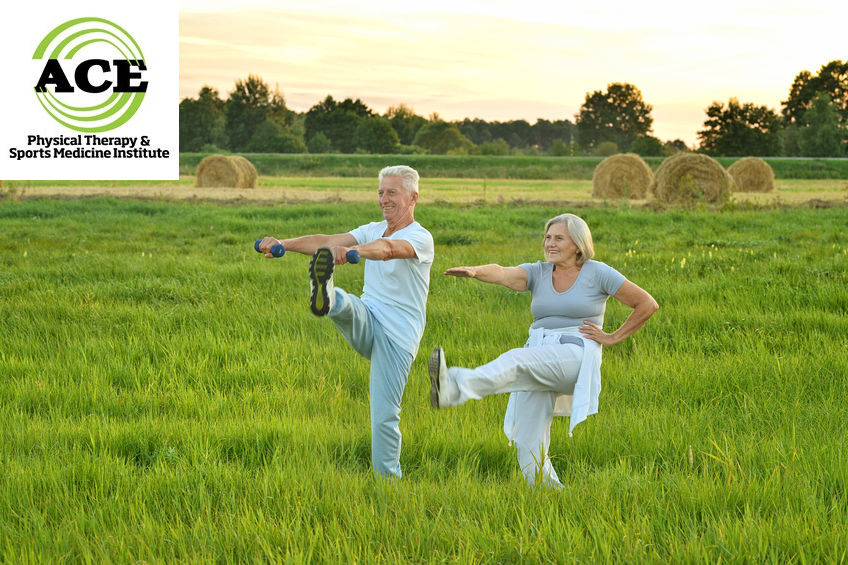
by ACE Physical Therapy | Jun 4, 2020 | Conditioning |
Tid Bits of Info The benefits of exercise can control and in some instances resolve Type II diabetes. Cardiovascular exercise can improve heart performance and extend your life. Exercise reduces stress and decreases the detrimental effects of the “stress”...





























